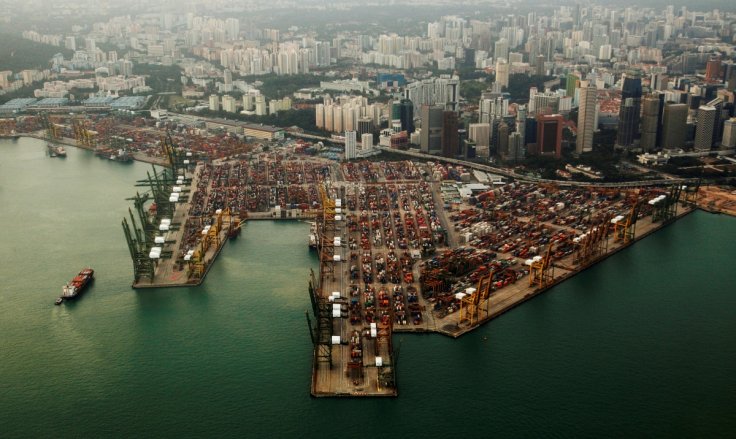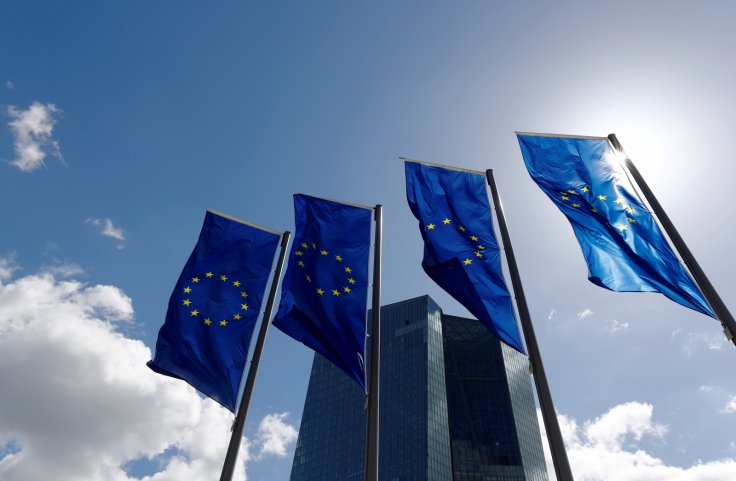A landmark free trade treaty between the European Union and Singapore will come into effect on November 21. Under the deal, Singapore will exempt all EU products entering the country from tariffs and the EU will remove tariffs for 84 percent of exports from Singapore.
With this trade deal coming into effect, Singapore will have 24 free trade agreement in place overall, accounting for as much as 92 percent of the country's total trade with the world. Though negotiations for the EUSFTA started in 2009, the talks concluded only in 2014. The Council of the European Union gave the stamp of approval to the deal on November 8.
The European Union-Singapore Free Trade Agreement (EUSFTA) is the first trade deal the bloc has signed with countries in Southeast Asia, EFE News reported. "The EU does comprehensive, high standard deals that have some different rules from America''s FTAs so their active approach in Asia means their method to standard and rule setting is becoming more common, whether it's in the area of data privacy or geographic indicators, which will make it more difficult for American companies," a senior official at McLarty Associates told EFE.

Which sectors will benefit?
Under the European Union-Singapore Free Trade Agreement, trade in sectors like telecommunications, engineering, computing, maritime transport and environmental services will get a boost. The agreement will help in keeping the trade channels open and make sure investment flows seamlessly, Deborah Elms of Asian Trade Centre told EFE. Singaporean companies will enjoy wider access to the European market, and they will also get better opportunities for large-scale government projects in the EU region once the deal comes into force.
What's the EU's broader plan?
While the European Union is one of the world's largest markets, Singapore is a small location with a population of 5.6 million. However, the EU is positioning the deal as an entry path to the wider Southeast Asia region. There are as many as 10,000 European companies operating out of Singapore and many of these deep operational networks inside the other countries in the region comprising the Association of Southeast Asian Nations (ASEAN). The ASEAN region is estimated to become the fourth-largest economy in the world after the US, China and the EU within the next 10 years.
Why Singapore?

The EU reached the deal with Singapore after it scrapped similar negotiations with the 10-member Association of South-east Asian Nations in 2009. The worth of Singapore's total trade in goods with the European Union is pegged at €53 billion, while the trade in services amounts to €51 billion. Singapore's Minister-in-charge of Trade Relations S Iswaran said the deal reflects the EU's commitment and interest in the island nation, Channel News Asia reported.








